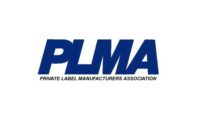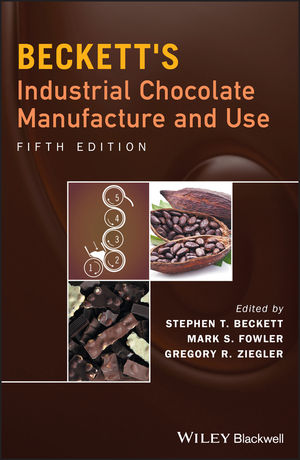PLMA’s Sharoff Opens Up About Private Label
“Star Power: The Growing Influence of Store Brands in the U.S.” is the title of a new report that details findings from the recent Private Label Manufacturers Association consumer research study. And, indeed, according to the research, private label products are moving from supporting to starring roles for a growing number of grocery shoppers.
The study found that a record 41 percent of those
surveyed now identify themselves as frequent purchasers of store brand
products. This contrasts with five years ago when just 36 percent of
consumers polled said they bought store brand products frequently.
Here’s what PLMA President Brian Sharoff had to
say about the study.
Confectioner: Findings from the PLMA study show that there’s been
dramatic growth in the frequency of private label purchases over the past
five years. What other big changes are you seeing in the private
label universe?
Sharoff: One of the
changes that the report suggests is that the popularity of private label in
grocery chains is having a halo effect on the acceptance of private label
in other formats — like the office supply stores or convenience
stores or almost any other type of retail format.
Confectioner: Anything else?
Sharoff: The survey really demonstrates the growing change in the
retail business. There is a growing shift away from weekly shopping.
[According to the survey, only 64 percent of those polled said they shop
weekly or more often.]
Ten years ago, you could describe the retail business
as supermarkets, drug stores and mass merchandisers. The survey makes it
clear that that [retail environment] doesn’t exist any more. What
exist today are mega-retailers, which are national in scope and carry
everything A to Z. Then you have lots and lots of smaller retailers that
are format-driven. In this environment, what the report is showing is that
people are spending less time doing traditional shopping in the
supermarket.
Confectioner: Why do you think that private label hasn’t been more of
a factor in the confections category?
Sharoff: Compared
to other categories, obviously private label’s penetration is much
different. Whether it’s a Snickers or Hershey bar, private label
obviously doesn’t need to compete on a chocolate bar by chocolate bar
basis. But I think what you’re starting to see is that some of the
large warehouse stores are doing co-branding [in confections] and others
are starting to provide [private label confections in] bulk sizes. Also, I
think we’re going to see greater penetration as mega-retailers create
their own fantasy brands in categories like chocolate.
Confectioner:To what do you attribute consumers’ increasingly
frequent purchases of private label products?
Sharoff: I think
the growth is based on two factors. One is availability. More retailers
have more products available in more categories than ever before as store
brands. And No. 2, more retailers are promoting their store brands than
ever before.
Confectioner: Some private label vendors say retailers’ expectations
for packaging and display shippers for private label have increased. Have
you observed that?
Sharoff: The retailer is certainly going to take advantage of the
popularity of store brands by giving them a better position and passing
some of the cost along to the manufacturer. It’s always been the case
that the manufacturer pays for that. With success comes greater
responsibility (read, cost), but I think within the past five to six
years we’re seeing more and more of that. If you want to play in the
big league, you’ve got to wear the uniform.
Private Label’s Popularity:Survey Highlights
15% Of PLMA survey
participants intend to buy more private label products in the coming year
16% Of consumers in the
highest income level (over $75,000) said they intend to increase their
purchase of store brands in the year ahead; 21 percent in the middle income
range ($30,000 - $75,000) said they intend to do so; only 10 percent of the
lowest income respondents (under $30,000) indicated plans for increased
private label purchases
78% Of those surveyed say
that value for the money is a leading reason for their private label
purchases
Private Label Parallels from across the Pond
One of the aspects of the consumer research study that
most intrigued the PLMA team was the way in which the U.S. private label
market has come to mirror the one in Great Britain, long considered the
strongest national market for store brands. That is clear when comparing
findings in the recent U.S. study with similar research conducted for PLMA
in Great Britain.
In both the United States and Britain, 41 percent of
consumers reported that they purchase store brand products
“frequently.” In the United States, the percentage of consumers
who say they regularly fill their shopping carts with one-quarter or more
of store brands is 47 percent; in Britain, it was just slightly lower at 42
percent.









